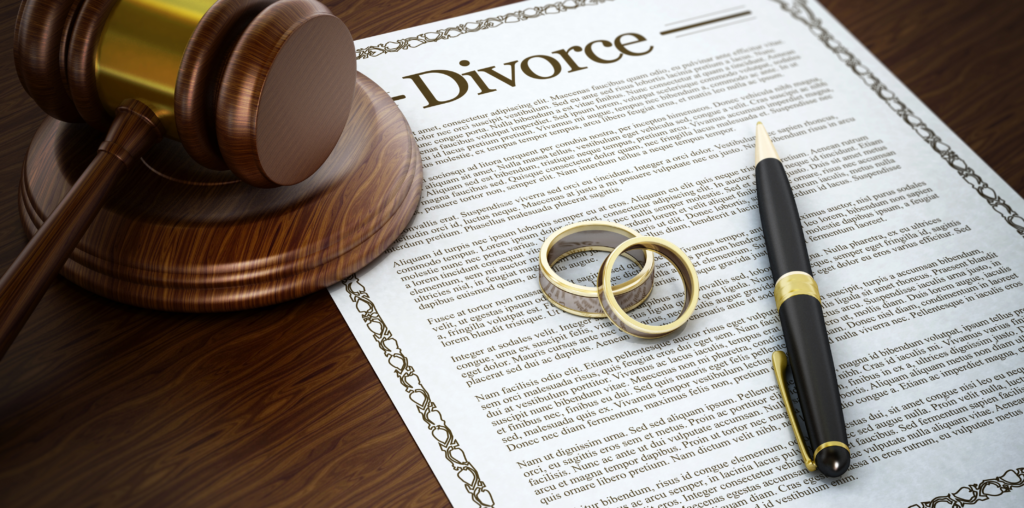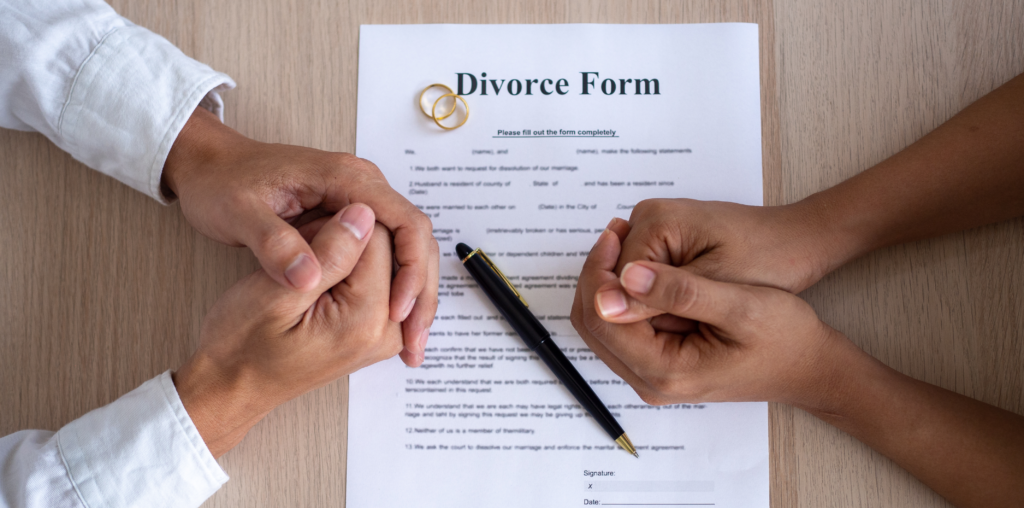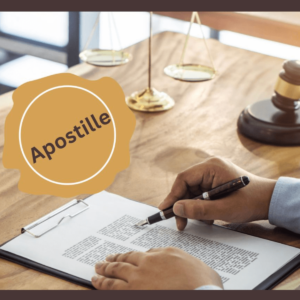Definition of Amicable Divorce
Marriage is a serious commitment, but on some occasions, the differences between the parties reach a point where the best solution is to end the relationship. This is where the concept of an amicable and straightforward divorce emerges as a viable and humane option for both parties. It’s the type where both parties agree on all terms without the need for contentious litigation.

Minimized Emotional Impact
The emotional and psychological effects of a divorce can be profound and lasting. In an amicable divorce, the damage can be minimized. When parties work together to settle their matters, they can avoid many of the bitter aspects of separation and maintain a cordial relationship, which is especially valuable if children are involved.
Efficiency in Time and Costs
A conventional divorce process can be lengthy, draining, and costly. In contrast, the amicable and straightforward divorce focuses on collaboration and constructive dialogue. This results in a faster and less expensive process for both parties.
The Role of Legal Advice
Legal counsel in this process is vital, albeit in a very different way than in conventional litigation. Lawyers, in this case, act more as advisors and mediators. Their role is to help their clients understand their rights and responsibilities and draft agreements that reflect the divorce terms.
Open and Honest Communication
Open and honest communication is crucial for an amicable divorce. This involves discussing and negotiating agreements related to property, child custody, financial support, and other relevant matters. It’s about having a conversation, not a conflict.
Importance of Mediation
Mediation is a vital tool in amicable divorces. A mediator is a neutral third party that assists parties in communicating and negotiating effectively. Unlike a judge, a mediator doesn’t make decisions for the parties but facilitates dialogue between them.
Flexibility in the Process
Flexibility is another key feature of this process. Parties have the freedom to find solutions that fit their unique circumstances, rather than sticking to decisions imposed by a court.

Mutual Respect: A Fundamental Pillar
Mutual respect is perhaps the most crucial pillar of an amicable and straightforward divorce. Parties must be willing to treat each other with dignity and respect, recognizing that although their marital relationship is coming to an end, they can part ways in a manner that’s fair and equitable for both.
A Sensible and Humane Option
The amicable and straightforward divorce is not only a more peaceful and respectful way to end a marriage but also a practical and economical strategy. It allows parties to maintain control of the process and avoid the emotional and financial wear and tear that often accompanies divorce litigation. It’s an option that, while requiring effective communication and a commitment to collaboration, offers numerous long-term advantages and benefits for all parties involved, especially when children are shared and maintaining a healthy parental relationship is sought.



